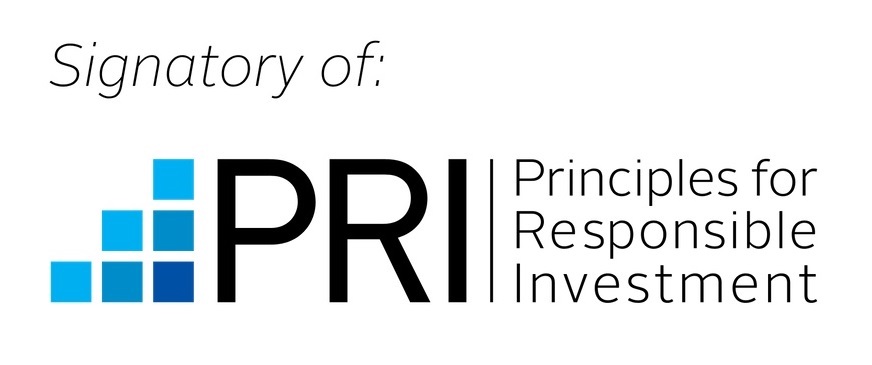The SEC’s Division of Examinations announced its examination priorities for 2023 on February 7th. There are not any major surprises in terms of key areas of focus this year, as these points have already been the subject of sweeps, Enforcement Actions, Press Releases and/or Examination Priorities from previous years. Nonetheless, SEC-registered investment advisers (“RIAs”) and private fund managers should be sure to shore up their compliance programs in the below notable categories and also be prepared to be examined depending upon their investment strategy.
- The New Marketing Rule (Rule 206(4)-1 of the Advisers Act) gets top billing – While all SEC RIAs should already have written policies and procedures to prevent violations of the Marketing Rule, it is imperative that firms continue to ensure compliance with substantive requirements of the Marketing Rule, including having a reasonable basis and being prepared to substantiate material statements regarding performance advertising, testimonials, endorsements and third-party ratings, among other areas. Additionally, RIAs should familiarize themselves with the updated Marketing Rule FAQ, with a specific focus on gross and net performance at the investment level.
- Private Fund managers remain in the spotlight – The SEC will continue to focus on private fund managers in the following areas: (1) conflicts of interest; (2) calculation and allocation of fees and expenses, including the calculation of management fees; (3) compliance with new Marketing Rule; (4) policies and practices regarding the use of alternative data; and (5) compliance with the Custody Rule, including the timely delivery of audited financials.
Additionally, the SEC will focus on private fund managers with the following specific risk characteristics: (1) highly-leveraged private funds; (2) private funds managed side-by-side with BDCs; (3) private equity funds that use affiliated companies and advisory personnel to provide services to their fund clients and underlying portfolio companies; (4) private funds that hold certain hard-to-value investments, such as crypto or real-estate investments; (5) private funds that invest or sponsor SPACs; and (6) private funds involved in adviser-led restructurings, including stapled secondary transactions and continuation funds.
The bottom line: private fund managers with the above specific risk characteristics should be prepared for an exam sooner rather than later.
- Environmental, Social, and Governance (ESG) Investing is once again a top priority – Exam Staff will focus on whether investment advisers are managing their clients or private funds in a manner consistent with the adviser’s ESG disclosures; and the Staff will also assess whether ESG products are appropriately labeled.
The key thing to remember here is RIAs offering ESG-related advisory services should ensure that their client accounts and funds are managed in a manner consistent with representations set forth in the disclosures of their client and investor governing documents. Further, advisers should ensure their ESG products are appropriately labeled.
- Cybersecurity, Information Security and Operational Resiliency will be top of mind for regulators – Exam Staff will review RIAs to make sure they have taken steps to prevent interruptions to mission-critical services and to protect investor information, records and assets. Additionally, cybersecurity remains a perennial focus area for registrants of all types for this reason. Focus areas on this topic include:
-
- Policies and procedures, governance practices, response to cyber-related incidents and compliance with Reg S-P and S-ID, as applicable
- Operational resiliency planning and their efforts to consider and/or address climate-related risks
Silver recommends that RIAs take steps to prevent interruptions to mission-critical services and to protect investor information, records and assets; adviser should also be aware that Exam staff will be focused on policies and procedures, governance practices, response to cyber-related incidents, as well as compliance with Reg S-P and S-ID.
- Continued focus on crypto assets and emerging financial technology – Exam Staff will monitor and examine crypto asset managers to ensure they meet and follow respective standards of care when providing investment advice, as well as routinely review, update and enhance their compliance, disclosure and risk management practices. Furthermore, the Exam Staff will be focusing their attention on new or never before examined registrants advising on crypto or crypto-related assets.
This, along with the proposed updates to the Custody Rule, makes clear that the SEC has a spotlight on digital assets again this year, with a specific focus on new or never before examined registrants advising on crypto or crypto-related strategies. Therefore, RIAs with an investment strategy inclusive of crypto assets need to routinely review, update and enhance their compliance, disclosure and risk management practices.
As the SEC continues to regulate through enforcement in 2023, the Silver Compliance team continues to see an increase in examinations among its registered private fund managers and RIA clients, particularly those with an investment strategy that focuses on crypto/digital assets. The above priorities laid out by the SEC’s Exam Staff reinforces the likelihood that examinations will gain steam in the year ahead, which means that investment advisers need to get their compliance houses in order to help keep regulators at bay. Please contact a member of Silver’s Compliance team with any questions about the SEC’s 2023 exam priorities or if you are interested in having us review and enhance your firm’s compliance program.


